Malia Maunakea is a Kanaka Maoli (Native Hawaiian) writer who grew up on Hawaiʻi Island and Oʻahu before relocating to the continent for college. She’s the author of the middle-grade fiction series Lei and the Legends, including Lei and the Fire Goddess (Penguin Workshop, summer 2023) and Lei and the Invisible Island (Penguin Workshop, summer 2024). She also wrote the non-fiction how-to Backpacking with Children (CMC Press, spring 2023). When not at her computer, she can often be found roaming the Rocky Mountains with her husband, their two children, and a rescue mutt named Peggy. Malia is online at maliamaunakea.com and @MaliaMaunakea on Instagram.
I had the opportunity to interview Malia, which you can read below.
First of all, welcome to Geeks OUT! Could you tell us a little about yourself?
Thanks for having me! Sure, I’m the author of fictional middle grade series Lei and the Legends and non-fiction book Backpacking with Children. I love visiting beaches and wandering around looking for sea creatures. I enjoy li hing mui gummy bears and seedless li hing cherries. When I’m sitting at my kid’s sports practice, I listen to Spotify’s playlist “Music for Writing” to help me focus on getting my words down.
What can you tell us about your latest book, Lei and the Invisible Island?
Lei and the Invisible Island is the second book in the Lei and the Legend Series. It follows Lei and her friends in the search for something that goes missing. Lei struggles with her friendships, identity, lingering guilt, self-forgiveness, mixed-up priorities, and selfishness. This book was really fun to write because I got to research new spaces in Hawaiʻi that exist in legends I’m not as familiar with, including new islands I hadn’t heard of!
As an author of Kānaka Maoli (Native Hawaiian), what does it mean to you to be writing a series based on Hawaiian culture and mythology?
The inspiration for the original Lei and the Fire Goddess was paying homage to my home in Volcano and to the fire goddess, Pele, who shaped the landscape of my youth. I take my kuleana to share our culture and legends very seriously. A kuleana is not only responsibility, but also a privilege. It is an immense privilege to explore and create these stories that end up on shelves across the United States. I take the responsibility of accurate representation to heart in creating characters and places that reflect the Hawaiʻi I grew up in, knowing that we are not a monolith and my experiences may not be shared by every Hawaiian. It is big and scary and incredible all at the same time.
As an author, what drew you to the art of storytelling, specifically middle grade fiction and speculative fiction?
I don’t have a background in writing at all, but I really wanted my son (who was wildly into Rick Riordan’s Percy Jackson and Greek mythology at the time) to know more about our Hawaiian culture’s legends and gods. He wouldn’t listen to me telling him about them, so I decided to try put them into a story that could potentially wind up on a shelf.
How would you describe your writing process?
Consistent, methodical and slow. I try to treat it like a business now and get a certain amount of words down M-F in order to hit my self-imposed due dates for projects when I’m working on a first draft. This helps me stay in the character’s voice. I try to get to The End before I let myself work on other projects that might catch my attention, otherwise I know I’ll have a hard time finishing anything.
Growing up, were there any stories in which you felt touched by/ or reflected in?
Are there any like that now?
Not really. Growing up I loved Garfield, Roald Dahl, RL Stine, Christopher Pike, and then in high school I discovered Stephen King. I wasn’t trying to find myself in stories, I just wanted to be entertained. I did have to read Where the Red Fern Grows and bawled my eyes out. It compelled me to avoid literary, touching work as I didn’t like having my heart ripped from my chest. I am still like that today, but from time to time friends ask me to read those types of stories. When I give in, I’m always reminded that I’m too soft for that kind of stuff (like The Remarkable Journey of Coyote Sunrise by Dan Gemeinhart. Cried like a baby.)
As a writer, who or what would you say are some of your greatest creative influences and/or sources of inspiration in general?
I always look around and see what other folks are up to. Middle grade authors like Megan E Freeman, Andrea Wang, Alan Gratz, and more have been in the game and impacting kids’ lives in incredible ways. I think that’s the coolest thing. Seeing the influences that some of these stories have in the classroom in shaping future generations of readers and writers. We don’t want kids to stop reading as teens, so we have to keep creating books they want to read when they’re tweens.
What are some of your favorite elements of writing? What do you consider some of the most frustrating and/or challenging?
I absolutely love plot and coming up with the “what happens next” part of the story. I love when I’m fleshing out scenes and the story takes a turn that I hadn’t even thought of and it surprises me how well it ends up working. The most challenging part for me is character development and making sure they are well rounded with arcs that make readers root for them or despise them. I’m also not a fan of sad things, so I struggle creating “All Is Lost” moments because I like happiness and rainbows all the time. Something that happens to one of the characters in LEI 1 after a big curtain of lava was added in a very late revision because I didn’t want bad things to happen to my creatures. I will admit, the story is much more interesting with it in there.
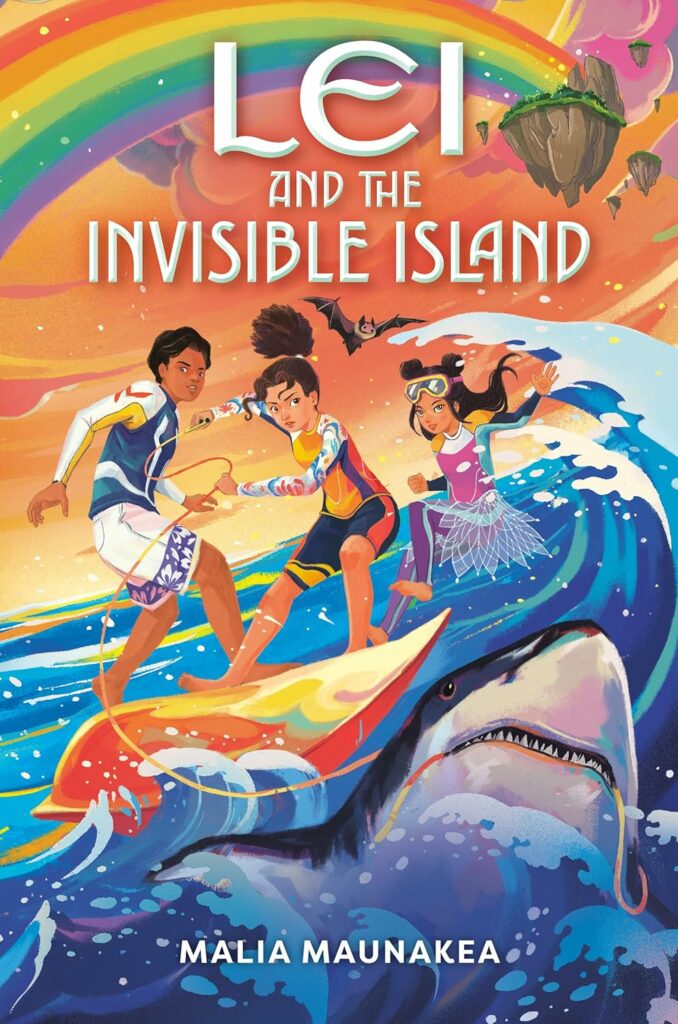
Many authors would say one of the most challenging parts of writing a book is finishing one. What strategies would you say helped you accomplish this?
Finishing is definitely the hardest! Writing consistently, a little bit every day, is necessary for me to get to The End. Also, giving myself permission to write really poorly just to get the point across in the first draft is important. Don’t go back and read what I wrote, because then I’ll just want to start fixing it (or deleting it). Plow ahead till I get to the end. And it is okay to underwrite (write a really thin first draft) because I know I’ll fill it in with more thoughts and ideas in later drafts.
Aside from your work, what are some things you would want others to know about you?
Hmm, let’s see. I prefer candy (gummy bears, sour patch kids, etc) to chocolate. That is definitely important for everyone to know. I’m active in the outdoor community, leading youth on hiking and backpacking trips. I’ve never sung karaoke but I will dance every chance I get. And I don’t like to eat potatoes or eggs because I don’t like how they smell.
What advice might you have to give for other aspiring writers?
Find a writing community that will lift you up when you’re down and celebrate with you when you’re up. Writing can feel lonely at times, so having a core group to ride the highs and lows with can make all the difference when starting out and wondering whether or not to stick with it.
Are there any other projects you are working on and at liberty to speak about?
I’m working on a couple other projects, but nothing that I can talk about in detail yet. Vaguely: One is another middle grade Hawaiian legend type story, about a 12-year-old boy with a troubling family legacy and impulse control issues. Another is potentially YA historical fiction in Hawaii, but that will be years and years to finish because of all the research.
Finally, what books/authors would you recommend to the readers of Geeks OUT?
Great Texas Dragon Race by Kacy Ritter
We Got the Beat by Jenna Miller


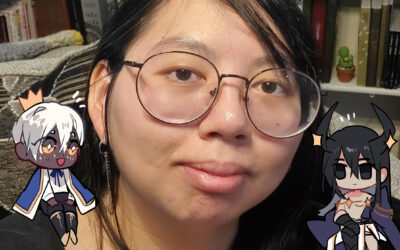
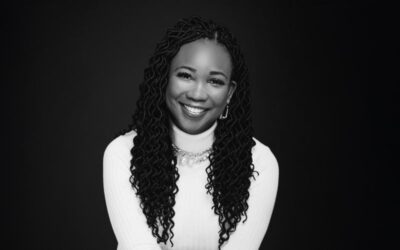
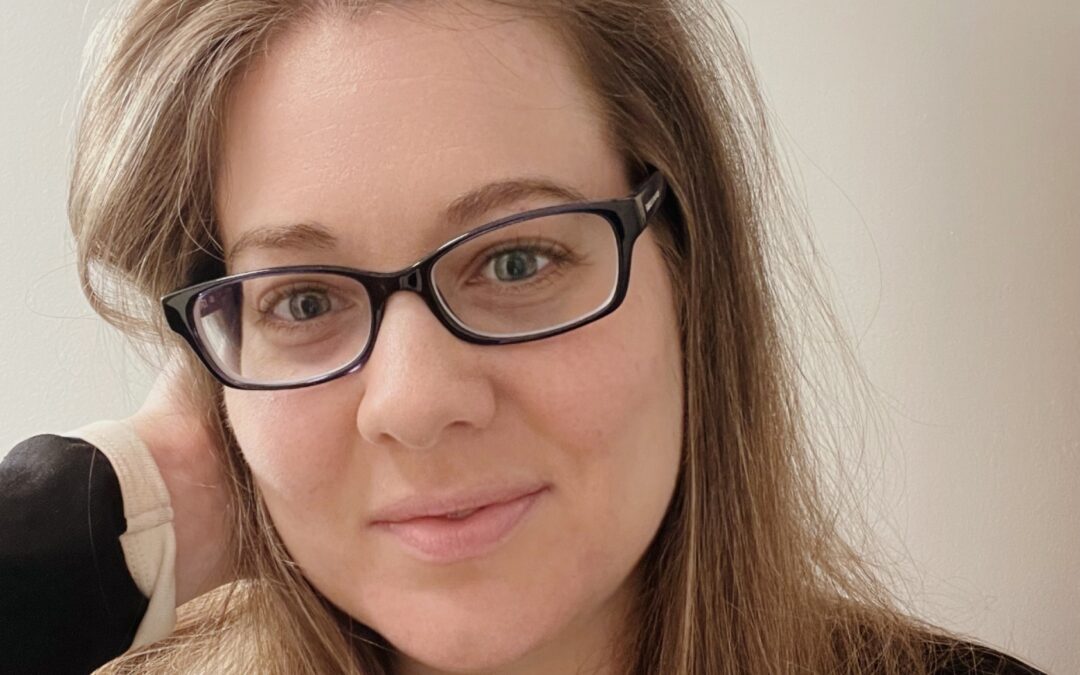
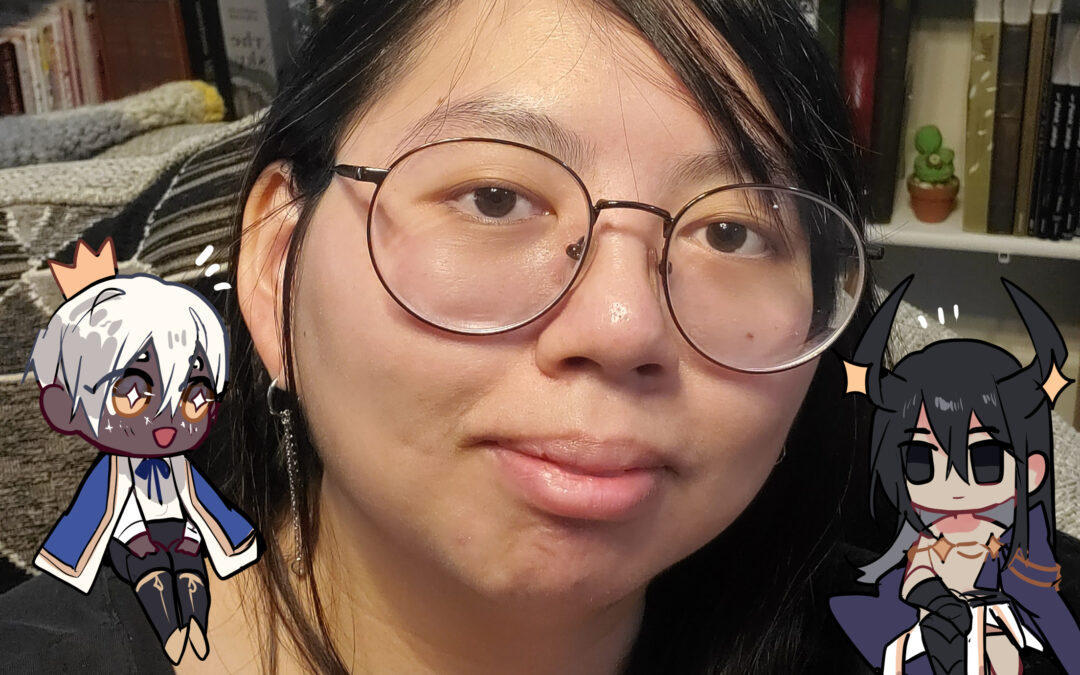
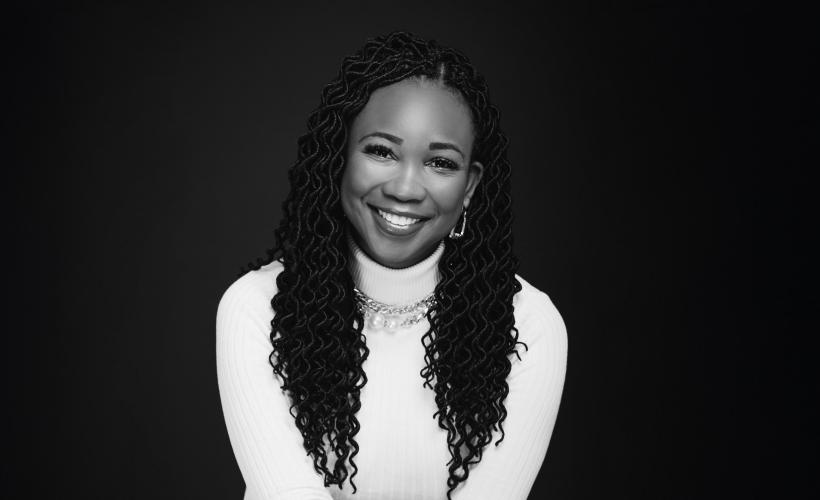
0 Comments